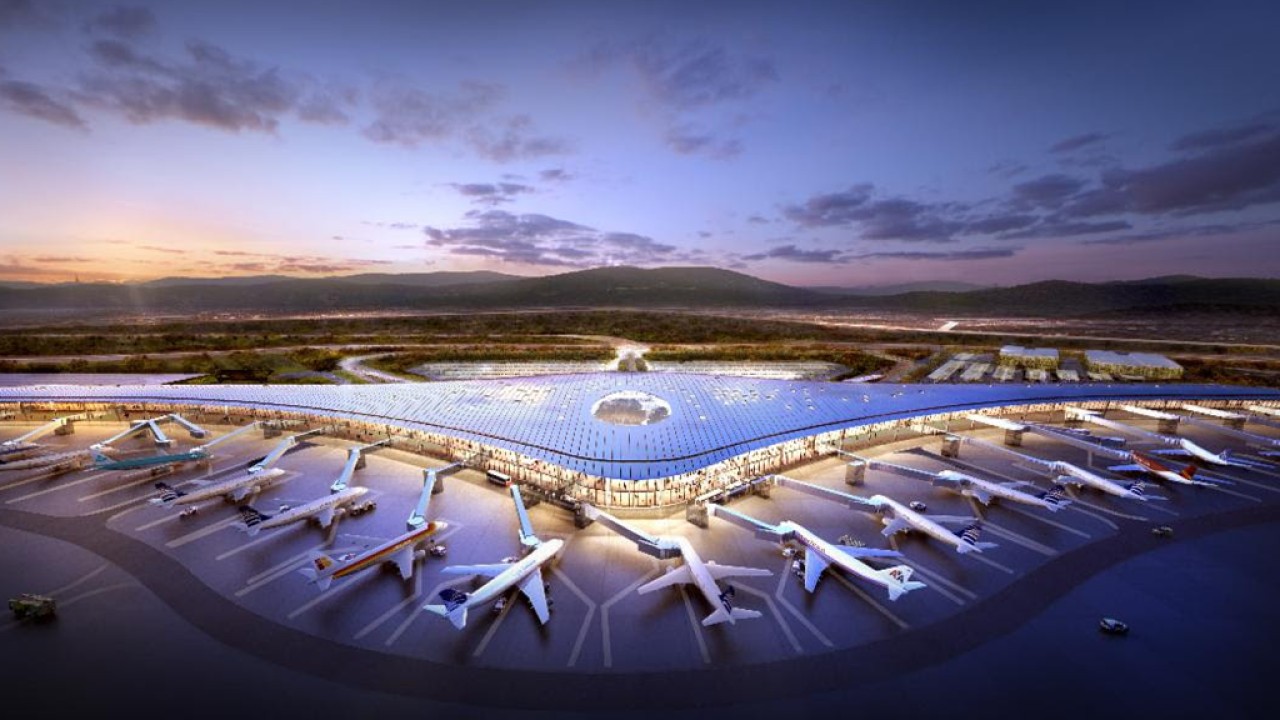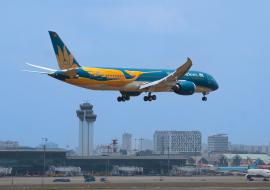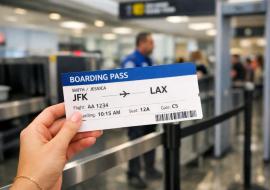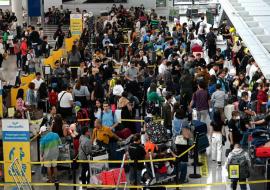IATA Calls for Stricter Slot Regulations to Address Airport Capacity Crisis

The International Air Transport Association (IATA) has highlighted an urgent need to address airport capacity shortages, which are limiting global air connectivity and economic growth. IATA’s newly published White Paper on Airport Slots outlines how stricter slot regulations could incentivize airports to maximize capacity from existing infrastructure. With almost 400 airports globally requiring slot coordination, this number could rise by 25% within the next decade if no action is taken.
Europe exemplifies the issue, as Airports Council International (ACI) projects that up to 12% of airport demand will go unmet by 2050 due to political barriers preventing large-scale infrastructure projects like new runways. This shortage risks weakening Europe’s global competitiveness unless existing airport infrastructure is optimized to its full potential.
Nick Careen, IATA’s Senior Vice President of Operations, emphasized that while new construction is the ultimate solution, political obstacles make it necessary to maximize current capacity. Many airports fail to adopt best practices outlined in IATA’s Global Airport Slot Guidelines, exacerbating the issue.
IATA’s proposals include requiring airports to regularly review capacity statements, adopt global best practices to improve capacity, and face consequences if declared capacity is not delivered. These measures aim to ensure airports meet global efficiency benchmarks and contribute to the social and economic value of air connectivity.
“Performance obligations for airports are crucial to closing the gap between top-performing and underperforming airports,” Careen stated. “Stronger regulations will enhance connectivity, offer more consumer choice, and unlock greater global benefits.”














